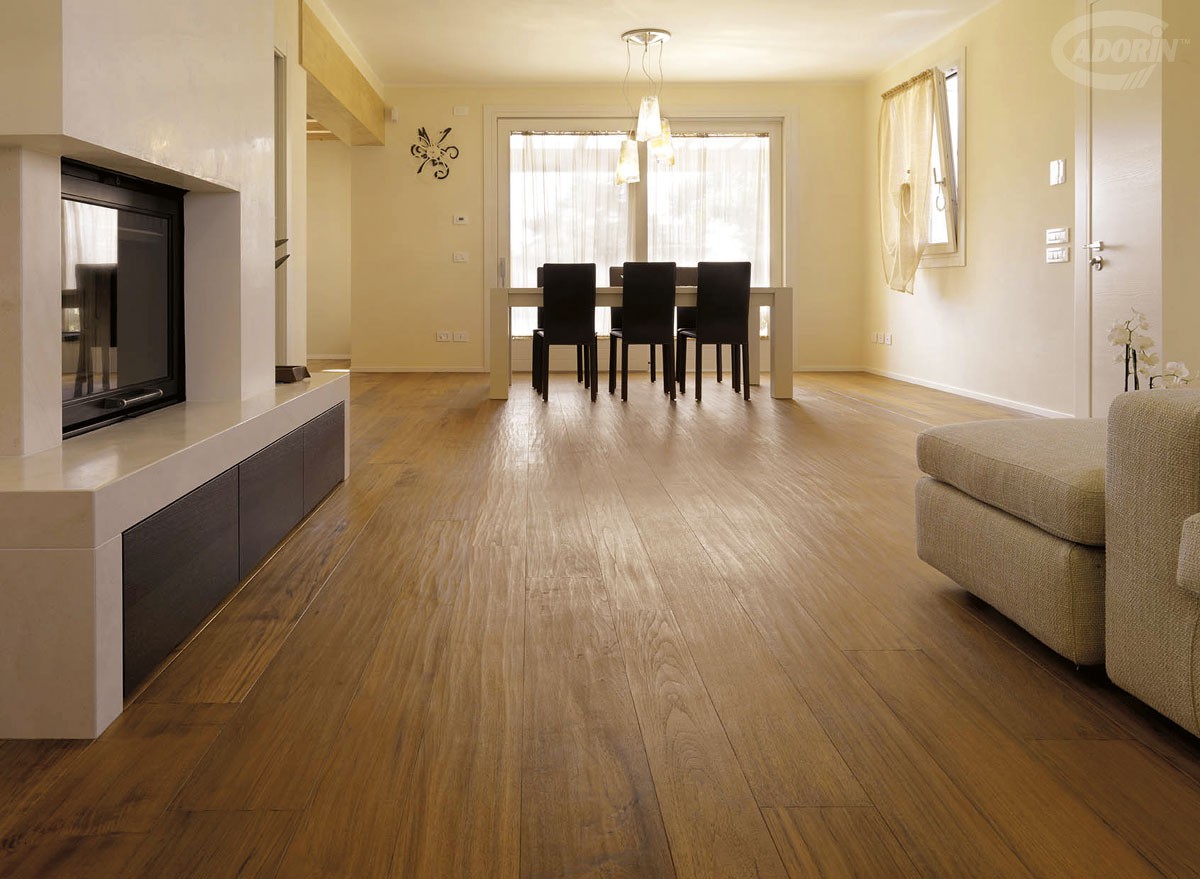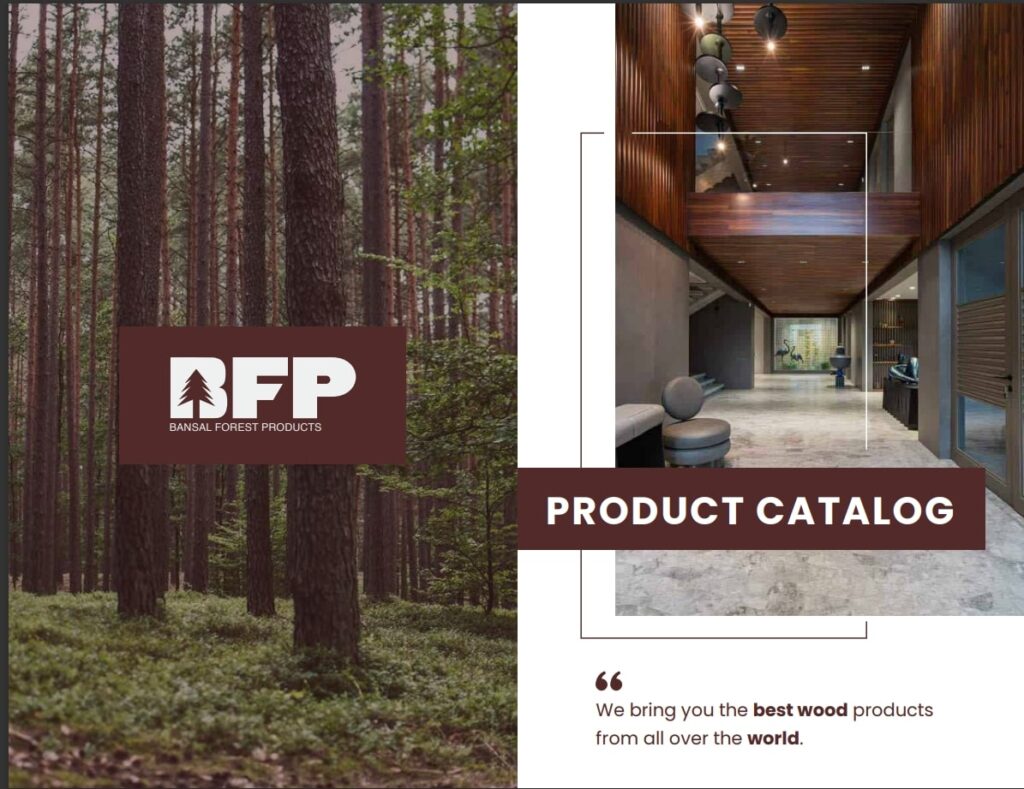Teak wood is renowned for its durability, beauty, and versatility, making it a popular choice for various applications, from furniture to boat building. However, within the realm of teak, there exists a specific variety known as natural burma teak wood, often praised for its exceptional quality and unique characteristics.
Let’s discover the key disparities between teak and Burma teak, shedding light on what sets them apart.
What’s behind Teak and Burma Teak
Teak, scientifically known as Tectona grandis, is a tropical hardwood native to South and Southeast Asia. It’s celebrated for its natural oils, which lend it exceptional weather resistance and durability, making it ideal for outdoor use. Burma teak, also referred to as Burmese teak or natural Burma teak wood, is a subtype of teak originating specifically from Myanmar (formerly Burma). This particular variety is esteemed for its superior quality and is often considered the gold standard in teak wood.
Origin and Growth
Teak trees are native to several countries in the region, including India, Indonesia, Thailand, and Myanmar. While teak from different regions shares many characteristics, Burma teak is renowned for its superior quality and is widely regarded as the finest variety available. This distinction is attributed to the optimal growing conditions and unique soil composition found in Myanmar’s teak forests.
Appearance and Grain
One of the distinguishing features of Burma teak is its rich, golden-brown hue, which deepens over time, exuding warmth and elegance. The grain pattern of Burma teak is typically straight, though it may occasionally exhibit a slightly wavy or interlocked grain. This characteristic contributes to its aesthetic appeal and adds to the uniqueness of each piece of natural burma teak wood.
Density and Durability
In terms of density and durability, Burma teak surpasses many other varieties of teak. Its high natural oil content and tight grain structure make it exceptionally resistant to rot, decay, and insect infestation. This inherent strength and resilience make Burma teak particularly well-suited for outdoor furniture, decking, and marine applications where exposure to moisture and harsh weather conditions is common.
Availability and Sustainability
Due to its superior quality and high demand, Burma teak is considered a premium hardwood and is often more expensive than other types of teak. However, concerns regarding the sustainability of teak harvesting have led to tighter regulations and increased scrutiny of the industry. Sustainable forestry practices are crucial to ensuring the long-term viability of teak forests and the preservation of this valuable resource for future generations.
Uses and Applications
The versatility of Burma Teak Wood makes it highly sought-after for a wide range of applications. From luxurious indoor furniture to durable outdoor decking, Burma teak lends itself well to various projects. Its natural beauty, coupled with its exceptional durability and weather resistance, makes it an ideal choice for high-end furnishings, yacht decking, flooring, and architectural veneers.
Maintenance and Care
Proper maintenance is essential to preserving the beauty and longevity of Burma teak wood. Regular cleaning with a mild detergent and water, along with the periodic application of teak oil or sealant, helps protect the wood from moisture and UV damage. Additionally, avoiding prolonged exposure to direct sunlight and moisture will help maintain the integrity of Burma Teak Wood furniture and prevent premature aging and deterioration.
Comparison of Teak and Burma Teak
| Feature | Teak | Burma Teak |
| Origin | Southeast Asia | Myanmar (formerly Burma) |
| Appearance | Golden-brown with straight grain | Rich golden-brown with straight to slightly interlocked grain |
| Density | High | High |
| Durability | Excellent | Exceptional |
| Availability | Widely available | Limited |
| Price | Moderate | Premium |
| Common Uses | Indoor and outdoor furniture, decking, boat building | High-end furniture, yacht decking, flooring, architectural veneers |
| Maintenance | Regular cleaning, occasional oiling or sealing | Regular cleaning, periodic oiling or sealing, avoiding direct sunlight and moisture |
Conclusion
While all teak wood shares certain characteristics such as durability and natural beauty, Burma teak stands out for its exceptional quality, rich color, and superior durability. Originating from the teak forests of Myanmar, Burma Teak Wood has earned a reputation as the pinnacle of teak wood, prized for its aesthetic appeal and unmatched performance in various applications.
Frequently Asked Questions (FAQs)
No, burmese teak is a specific subtype of teak wood that originates from Myanmar. While all teak shares certain characteristics, Burma teak is renowned for its superior quality and distinctive appearance.
Burma teak is distinguished by its rich, golden-brown hue, straight grain pattern, and exceptional durability. These qualities set it apart from other types of teak and make it highly sought-after for various applications.
Yes, burmese teak is often considered a premium hardwood and commands a higher price due to its superior quality and limited availability.
Yes, Burma teak is well-suited for outdoor use due to its high natural oil content and exceptional resistance to rot, decay, and insect infestation.
To maintain Burma teak furniture, regular cleaning with a mild detergent and water, along with periodic application of teak oil or sealant, is recommended. Additionally, avoiding prolonged exposure to direct sunlight and moisture will help preserve the wood’s integrity and beauty over time.


